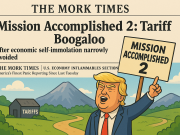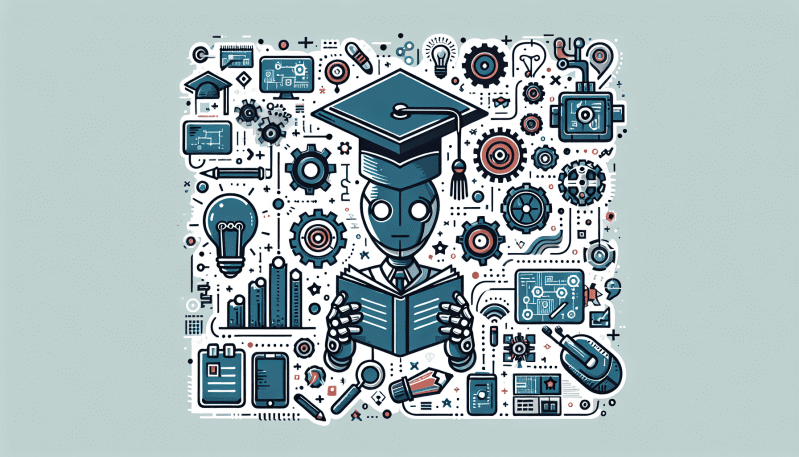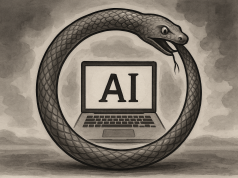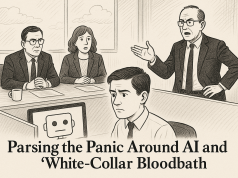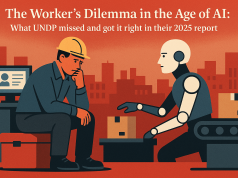As the global economy pivots towards an increasingly digital future, the nature of work and the skills required for employment are undergoing a seismic shift. In response, vocational and skills education—a once static and traditional sector—is now at the forefront of innovative change, spurred by the integration of cutting-edge technologies such as Artificial Intelligence (AI), Virtual Reality (VR), and adaptable online learning platforms.
Traditional vocational training, often anchored in hands-on experience and static curricula, is morphing into a more dynamic, technology-driven model. This model not only mirrors the complexity of the modern workplace but also addresses the acute skills gaps emerging across industries.
The advent of AI in education is not just about automation or data analysis; it’s about personalization. AI-driven educational platforms can tailor learning experiences to individual needs, tracking progress and adapting to each learner’s pace and style. This personalized approach is invaluable in vocational training, where one size does not fit all, and outcomes are directly linked to personal competence.
A case in point is the rise of coding boot camps, which utilize AI to provide personalized learning paths for students, enabling them to acquire in-demand programming skills at an accelerated pace. These programs have shown remarkable success in skilling-up individuals and placing them in high-tech jobs rapidly, thus closing the skill gap in the tech industry.
Furthermore, VR has emerged as a groundbreaking tool in skills training. For professions where real-world practice is essential but either dangerous, costly, or impractical—such as surgery, heavy machinery operation, or even public speaking—VR offers a safe, scalable, and immersive learning environment. For example, medical students using VR can perform virtual surgeries, gaining hands-on experience without the risks associated with live procedures.
Online learning platforms, once supplementary, have now taken center stage, offering flexibility and access to those who might be excluded from traditional educational settings. The rise of Massive Open Online Courses (MOOCs) from prestigious institutions has democratized learning, allowing anyone with internet access to benefit from high-quality teaching. These platforms facilitate vocational training for the modern workforce, enabling individuals to gain new skills or upskill, irrespective of their geographical location or work commitments.
While the promise of tech-driven education is vast, it is not without its challenges. Access to technology remains uneven across different demographics and regions, potentially widening existing inequalities. Furthermore, educators must adapt to new teaching tools and methods, which requires significant training and a shift in mindset.
Moreover, employers and industry leaders must recognize and value skills and credentials obtained through these modern routes, to fully integrate these novel forms of education into the talent pipeline.
Workers themselves, on the other hand, must navigate a world where lifelong learning is not just a buzzword but a necessity for career progression and stability. The ability to continuously adapt and upskill will be a critical determinant of success in the fluid labor market shaped by ongoing technological advancements.
In conclusion, as industries evolve and new job roles are created, tech-driven vocational and skills training offers a bridge between the workforce of today and the opportunities of tomorrow. With thoughtful implementation, collaboration across sectors, and an inclusive approach, this education revolution has the potential to not only close skills gaps but also to foster a more innovative, resilient, and competent workforce, ready to tackle the challenges of a digital-first future.















